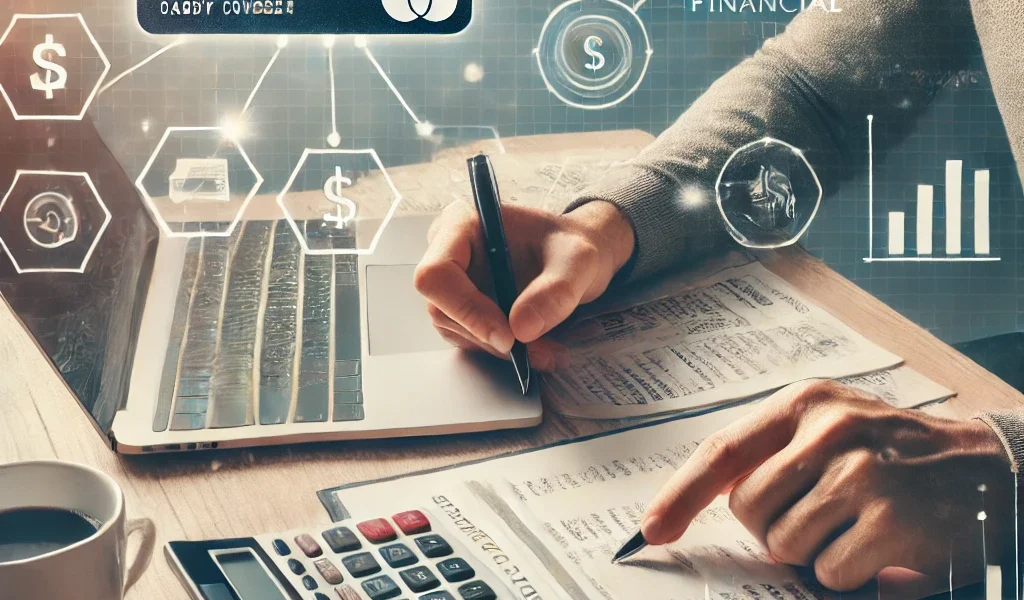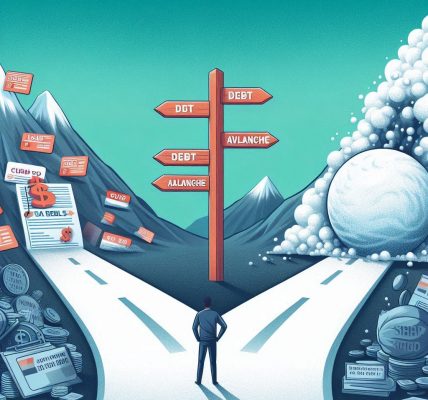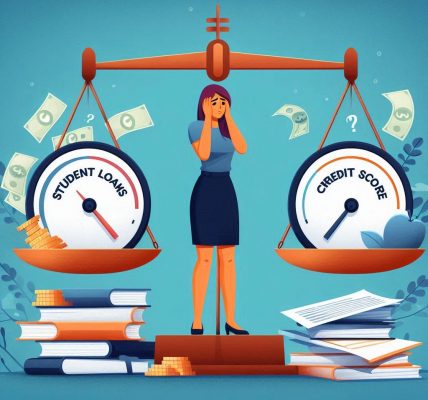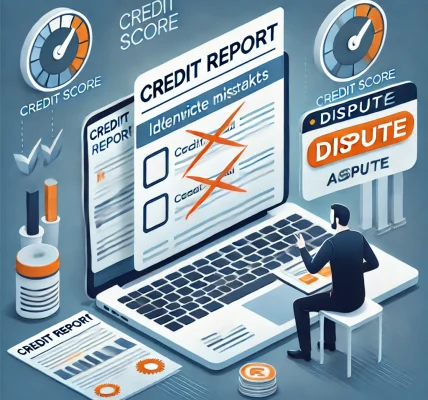Credit cards offer a convenient way to make purchases and manage finances, but they can also lead to high-interest debt if not used wisely. Understanding how to navigate credit card usage effectively is key to avoiding hefty interest charges and maintaining a healthy financial life. In this guide, we’ll discuss how to use credit cards wisely and avoid the burden of high interest rates.
1. Understand Your Credit Card Terms
Before using your credit card, it’s essential to read the fine print and understand the terms. Look for:
- Interest Rates: The Annual Percentage Rate (APR) determines how much interest you will pay on your balance. Some cards offer 0% introductory APR, while others may have higher rates.
- Grace Period: Many credit cards offer a grace period on purchases, meaning if you pay your balance in full before the due date, you won’t incur any interest charges.
- Fees: Watch out for late payment fees, annual fees, and foreign transaction fees that can add up over time.
2. Pay Your Balance in Full Each Month
One of the best ways to avoid high-interest charges is to pay off your credit card balance in full before the due date. By doing so, you avoid paying interest on your purchases and keep your financial situation in check. Even making a partial payment is better than missing the payment altogether, but paying the full amount is the most cost-effective strategy.
3. Pay More Than the Minimum Payment
Credit card companies often allow you to make a minimum payment, which can be tempting if you’re in a tight spot. However, making only the minimum payment can lead to significant interest charges and slow debt repayment. Always try to pay more than the minimum to reduce your balance faster and save on interest.
4. Know Your Credit Limit
Your credit limit is the maximum amount you can charge to your credit card. It’s crucial to avoid using up all of your available credit, as this can negatively affect your credit score and result in higher interest rates. Aim to use no more than 30% of your credit limit at any time.
5. Take Advantage of Reward Programs
Many credit cards offer reward programs, cashback, or travel points for making purchases. If you use your credit card wisely and pay off your balance every month, you can enjoy these rewards without falling into the trap of accumulating interest charges. Just be careful not to overspend in order to earn rewards.
6. Avoid Unnecessary Purchases
One of the fastest ways to rack up high-interest debt is by using your credit card for unnecessary purchases. Create a budget and stick to it. Only charge what you can afford to pay off in full at the end of the month. Treat your credit card as a tool to manage purchases rather than as a source of extra spending money.
7. Consolidate High-Interest Debt
If you already have high-interest debt, consider consolidating it onto a credit card with a lower interest rate or one that offers a 0% APR on balance transfers. This strategy can help you pay off your debt faster and save on interest payments. However, always make sure you can pay off the balance before the introductory period ends to avoid backdating interest charges.
8. Set Up Alerts and Reminders
Keeping track of due dates and your spending can help you avoid late payments and prevent interest from piling up. Many credit card issuers allow you to set up email or text alerts to remind you of upcoming payments or when you reach a certain spending threshold. Setting these reminders will ensure you stay on top of your credit card usage.
9. Review Your Statements Regularly
Take the time to review your credit card statements every month to ensure that there are no fraudulent charges or errors. If you notice anything unusual, contact your card issuer immediately. Also, keep track of your purchases to stay within your budget and avoid overspending.
10. Consider Automatic Payments
Setting up automatic payments for at least the minimum payment can ensure that you never miss a payment. It’s a great way to avoid late fees and interest charges, especially if you have a busy schedule. You can always manually pay more to reduce your balance further.
Conclusion
Using credit cards wisely can help you enjoy the benefits they offer without falling into the trap of high-interest debt. By understanding your credit card terms, paying your balance in full, and avoiding unnecessary purchases, you can maintain control over your finances and avoid costly interest charges. Remember, credit cards should be used as a tool for managing your money, not as a crutch for overspending.




